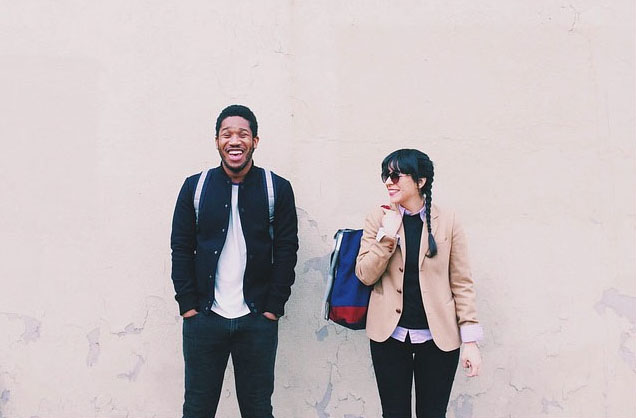One of the outcomes of good communication is the discovery that no matter how open and honest your relationship is, there are still conflicts. We tell people “Look, no matter what you do, how loving you are, how caring, how supportive, how absolutely wonderful your relationship, you’ll have conflicts.” To many people this is terrible news, and why not, given the long, bloody and inglorious history of conflict. The dictionary says conflict means fight; battle contend; to be antagonistic; incompatible, or contradictory; be in opposition; clash. There’s more and it’s equally depressing.
 All anyone has to do is watch the evening news to see the dictionary definitions of conflict in action. There is no shortage of antagonism and fighting. In Africa, in the Middle East, in the House of Representatives, on the soaps.
All anyone has to do is watch the evening news to see the dictionary definitions of conflict in action. There is no shortage of antagonism and fighting. In Africa, in the Middle East, in the House of Representatives, on the soaps.
On the SOAPS?
Oh yes. Lots of conflicts on the tube. Does it have to be that way? Well, for the daytime dramas it does. If the characters on One Life To Live, for example, confronted with I-language, listened to each other without judgment and practiced the procedures laid out in this chapter, they would soon resolve their conflicts and the show would end. Or, if it continued, it would be an updated version of Father Knows Best, which no one would watch. People like the high drama of soap operas, filled as they are with strife, antagonism, treachery and conflict. But as models for how quality relationships should look and sound, they are dreadful.
There are plenty of good relationship models around the planet but they generally don’t get on television. They are characterized by, among other things, honesty, openness, caring, compassion and democracy.
We hesitate to use the word democracy and we’ve struggled for years to find the right word, one that would describe the qualities associated with healthy relationships. It probably is democracy but almost everyone equates that term with voting, politics and systems of government and that’s not what we’re talking about. We’re talking about interpersonal democracy embodying the ideas of equality, parity and reciprocity, the exact opposite of autocratic, hierarchic relationships that characterize dictatorships and so many organizations and families.
So, if we use “democracy” and refer to democratic practices and methods please know what we mean; a fair and mutually satisfactory way for us to relate to each other, especially when we find ourselves at odds.
If we define conflicts as fights we are in trouble.
Fights are zero-sum games, that is, for every winner there must be a loser so these games and can only be won, tied or lost. All our big-time sports are zero-sum games and that’s exactly how many people deal with conflict. They set up zero-sum games and then proceed to win some and lose some and spend a lot of time and energy developing strategies to minimize losing and maximize winning. However, if we define conflicts as problems we’re in much better shape. You see, problems can be solved, everyone’s needs are met, and everyone can be a winner.

